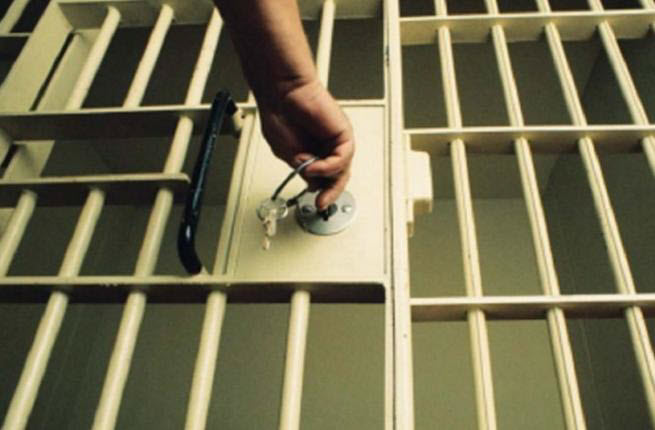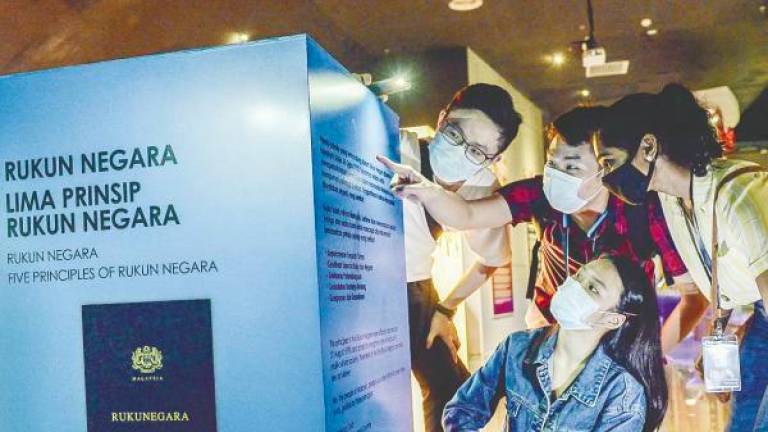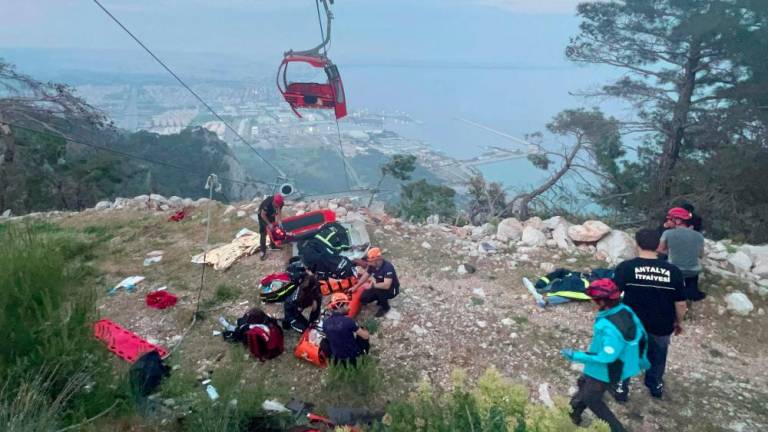PETALING JAYA: The government should rethink its proposal to impose a curfew on those aged below 18 to curb drug abuse, as it will be unfair to law-abiding teenagers and may even lead to the rise in other crime-related activities from home.
Universiti Malaysa psychologist Prof Datin Dr Mariani Md Nor said there was no guarantee that forcing a child to stay at home past certain hours would shield them from being involved in crimes, noting that many were being influenced by the internet instead.
“Why do you think cases of incest are being reported? It is because they are at home, and are exposed to too much of internet and social media, where they can easily surf pornographic contents,” she told theSun today.
Mariani pointed out that the number of teenagers involved in drugs was only a small portion, and that it would be unfair to generalise them all in the same group.
“There are those who work night shift to earn extra income for the family. To impose a curfew on all aged below 18 will be too general. It has to be more specific. Maybe the curfew only applies if they are heading out without a purpose.”
Mariani said it could also be generally accepted that teenagers tend to “break more rules” the more they were being suppressed, adding that it was more pertinent for the parents to make their homes more cheerful and welcoming for their children.
Deputy Prime Minister Datuk Seri Wan Azizah Wan Ismail had, on Thursday, said the government was seriously considering imposing a curfew on teenagers below 18 to prevent them from getting involved in drug abuse.
Lawyers for Liberty executive director Latheefa Koya said the proposal did not sound like a well-thought policy, claiming the government should instead focus on monitoring, and not impose a blanket ban for all.
She suggested that greater focus be given to places like night clubs and entertainment outlets, noting that many teenagers have part-time jobs at night.
“Arresting them merely because they are out at night will cause more trouble, with parents also having to be called in to pick their children up. Perhaps, monitor certain hot spots, and look for those involved in drugs,” she said when contacted.
Meanwhile, Association for the Promotion of Human Rights (Proham) secretary-general Ivy Josiah has advised the government to consult the youth first before making any decisions, as many social ills do not stem from the youths themselves.
“Social problems among young people are the symptoms of underlying issues of troubled families and disenfranchised youth. Let’s talk to young people first as generally they are not being listened to,” she said.













